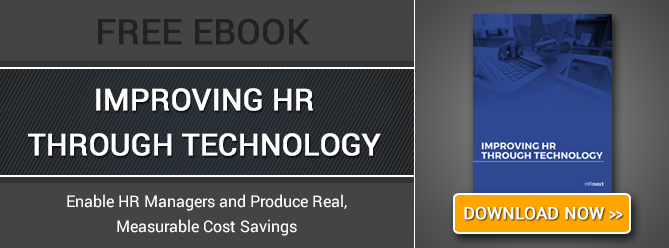The 4 Most Common HR Mistakes That Startups Make
For businesses just starting out, the initial push to get things off the ground can be exciting—but can also cause costly mistakes. While entrepreneurs may have prepared for launching the business, developing an HR strategy and best practices is often overlooked in the hurry of gearing up for a company’s debut.
Even with limited resources and infrastructure, the importance of good HR for a small business cannot be overstated. Establishing a constructive, professional culture and observing regulations can help avoid suits like the one currently being filed again ZocDoc alleging a “frat house”-like culture. With that in mind, here are some of the most common mistakes startups make when it comes to HR.





Leave a Reply
Want to join the discussion?Feel free to contribute!